Biggest drinks firms join bottle return scheme
- Published
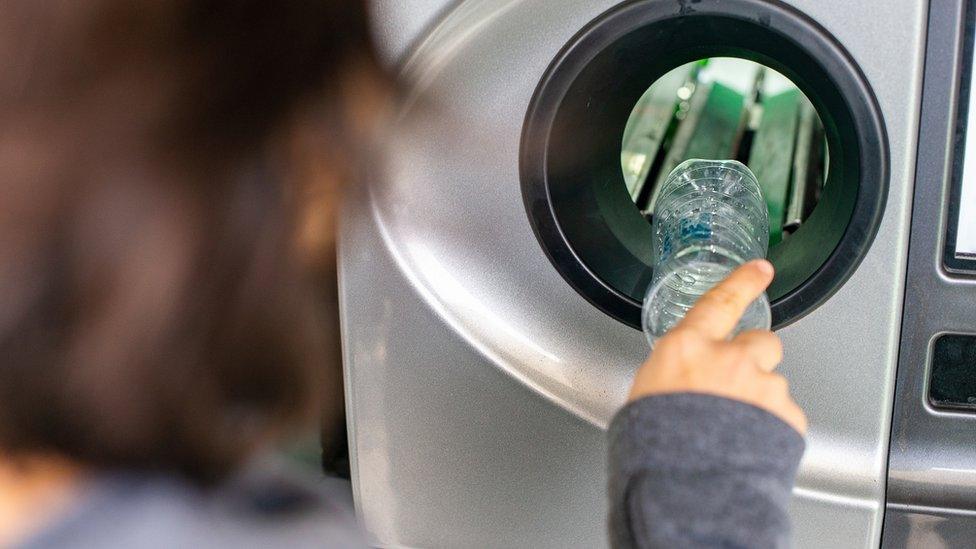
Registration for an expected 17,000 return points has now opened
Scotland's biggest drinks producers have signed up to the controversial deposit return scheme by the deadline, the Scottish government has confirmed.
The 664 companies that have registered are responsible for 95% of drinks sold in single-use containers in Scotland.
However critics say they cover only about 16% of all producers that sell their drinks across the country.
The scheme is designed to boost recycling via a 20p deposit on single-use bottles and cans.
Drink producers wanting to sell in Scotland from mid-August had a deadline of midnight on Tuesday to register.
Circularity Scotland, a private non-profit company set up to administer the DRS, confirmed that submissions had been filed for 26,000 products, responsible for an estimated two billion containers each year.
Critics of the scheme have said it could be costly for businesses and cause difficulties for consumers, who will have to return bottles and cans to specific return points or reverse vending machines.
But circular economy minister Lorna Slater insisted the scheme was gathering momentum and would launch as planned on 16 August. Registration for producers will be open until then.
The Scottish Greens co-leader told the Scottish parliament the industry had been challenged to "do their part to tackle the climate emergency" but she understood that there were concerns for small producers that the government was "systematically working to resolve".
She added ministers were also working through questions about "definitions, registration and enforcement".
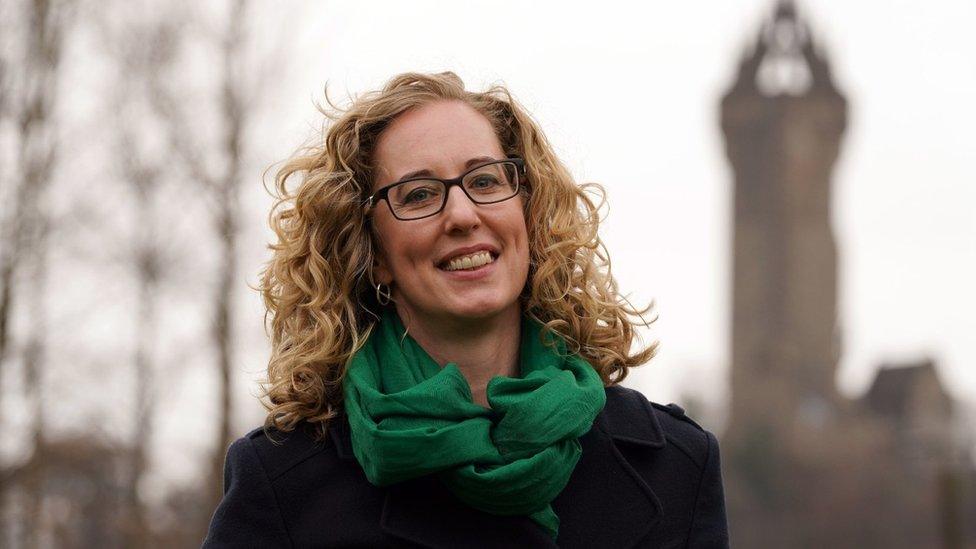
Scottish Greens co-leader Lorna Slater spoke to the BBC on Sunday about a possible grace period for small businesses in the deposit return scheme
All three SNP leadership contenders have proposed pausing or changing the deposit return scheme.
When confronted by SNP MSP Fergus Ewing about the costs faced by companies, Ms Slater said businesses had already invested £300m in the scheme and she could not postpone the start because they would get a return on their investment "when those 20 pences start flowing".
The Scottish Conservatives have previously called for an independent inquiry into the scheme and Scottish Secretary Alister Jack has hinted that the UK government might not grant an opt out from the UK Internal Market Act, which would be a severe blow to the project.
Speaking in Holyrood, Scottish Conservatives economy spokesman Maurice Golden said the figures covered "barely 16% of the total number of producers" - 664 out of an estimated 4,000 selling in Scotland.
He said many companies had been given legal advice to not sign up, adding that registering now was a "blank cheque" to Circularity Scotland.
'Homemade shambles'
Mr Golden said the Scottish government had been trying to pick a fight with the UK government, which had confirmed on Wednesday that it had received no official request for an internal market exemption.
"This is a desperate attempt to shift blame for a homemade shambles," he said.
"It's too late now to make such fundamental changes to the scheme without creating even more complexity, confusion and costs."
Scottish Liberal Democrat climate emergency spokesperson Liam McArthur MSP said Ms Slater was "pushing dodgy statistics".
"She talks about 90% signing up to her scheme, but this is made up predominantly by the largest producers," he said.
"Overall, around 84% of producers have not registered, representing small brewers, distillers and other businesses the length and breadth of the country."
The drinks industry has warned the scheme will disrupt trade, create higher prices and reduce choice.

How does the Deposit Return Scheme work?
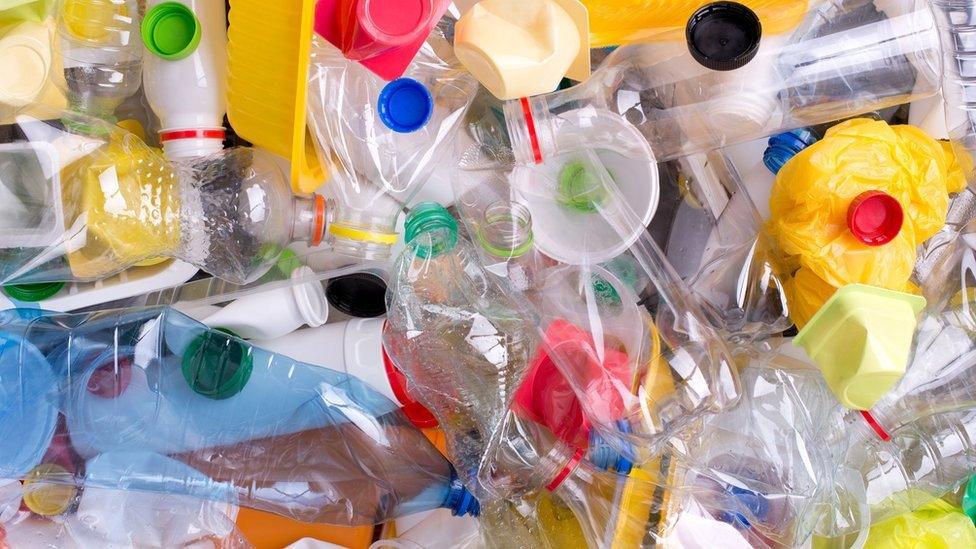
Under the initiative every drinks producer selling in Scotland will have to add 20p to products to be sold in the country in a single-use container.
It will be charged to the retailer who will in turn bill the consumer.
In order to recoup this money, people need to take the empty bottles or cans to a reverse vending machine in a supermarket or designated return point.
Most retailers and hospitality businesses that sell drinks to take away are legally required to operate a return point, with a total of 17,000 expected to be required across Scotland.

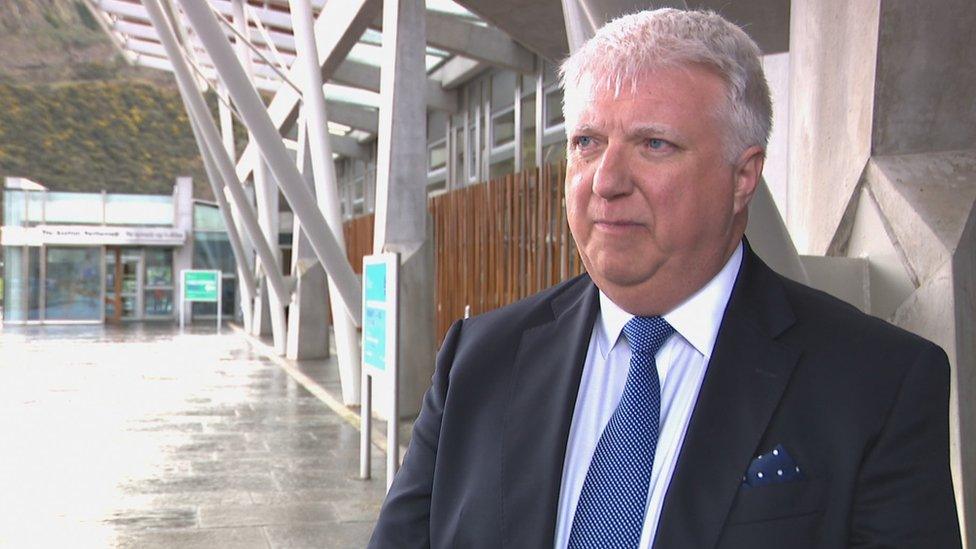
David Harris from Circularity Scotland said there had been minsunderstandings about the scheme
Many small businesses have warned that there are unacceptable costs and other pressures while they are still recovering from the Covid pandemic.
In particular they are worried about the cashflow impact of paying deposits and administrative fees in advance, as well as pressure to produce special barcodes on products destined for the Scottish market.
Liz Cameron, from the Scottish Chambers of Commerce, said concerns from Scottish firms "had been completely ignored" by Ms Slater.
She added: "The scheme must be made cost-effective for firms and better aligned with DRS plans in the rest of the UK."
Similar but separate schemes in the rest of the UK are not expected to be introduced until 2025.
'This is a big change'
David Harris, Circularity Scotland chief executive, told BBC Scotland there had been "misinformation" and "misunderstandings" over Scotland's scheme.
"We've never underestimated the challenge of delivering a scheme which requires the support of so many Scottish businesses," he said.
"Anybody who feels that their business is going to be impacted by these regulations, contact us.
"People are scared - this is a big change. They recognise that this will have an impact on their business."
Circularity Scotland recently announced £22m of support to remove upfront charges from some companies.
Related topics
- Published26 February 2023
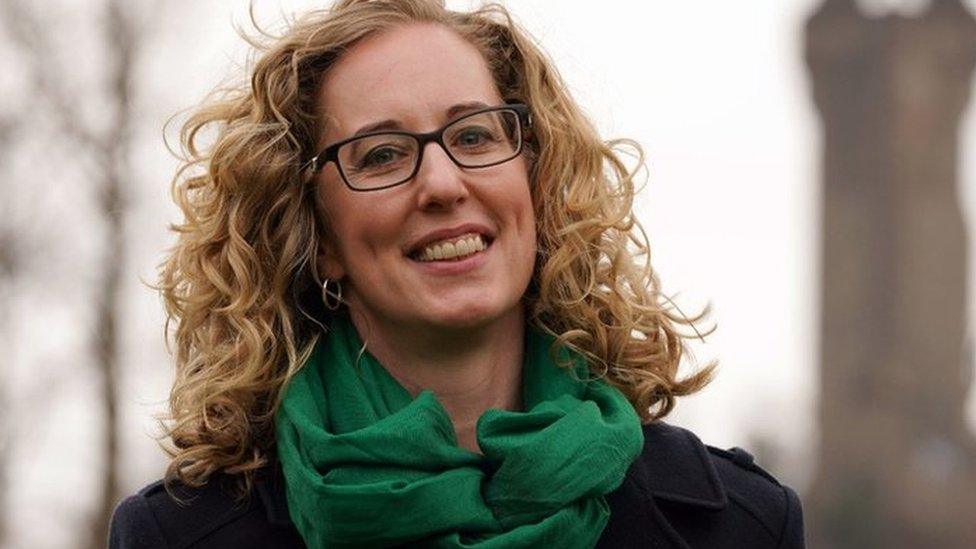
- Published27 February 2023
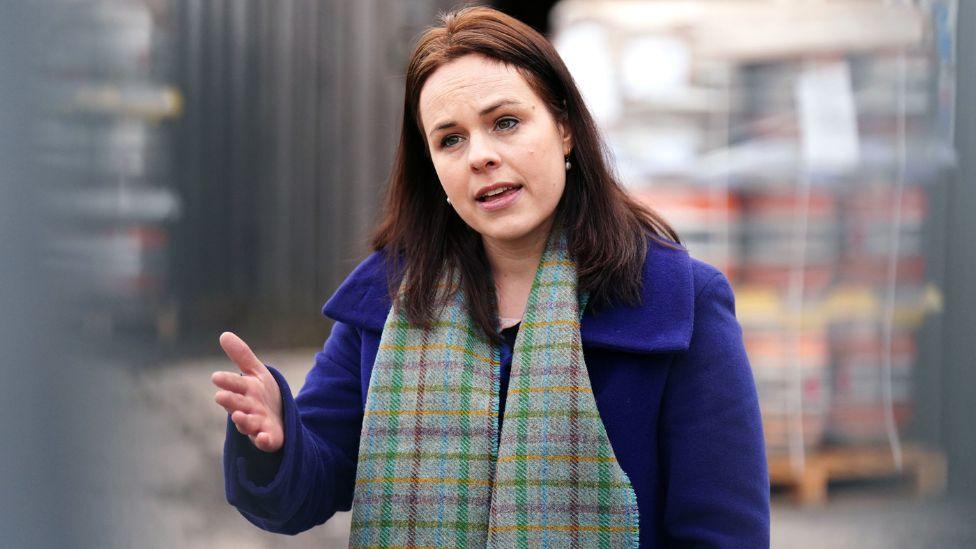
- Published12 February 2023
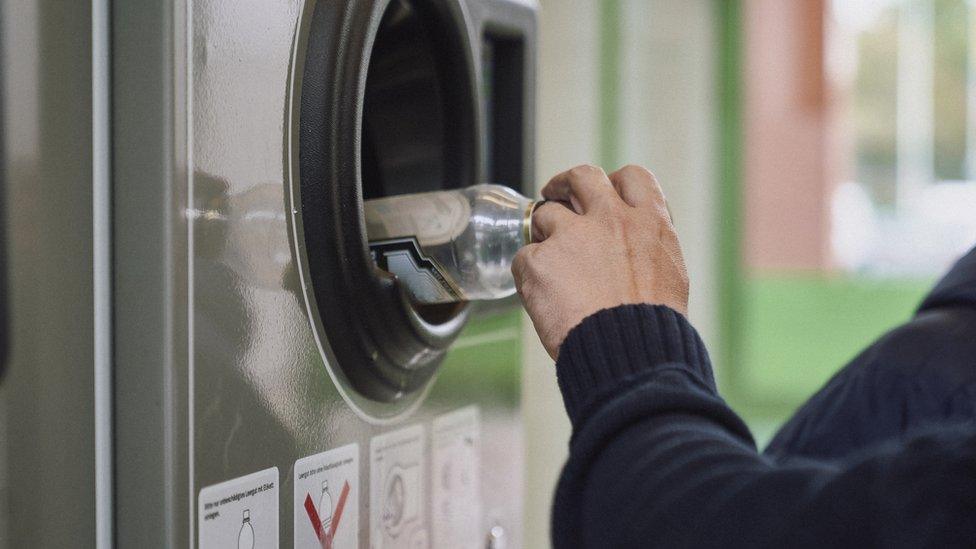
- Published8 February 2023
